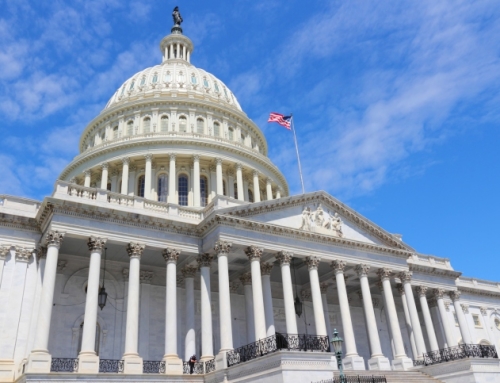A new federal legislative proposal aims to help answer the question of whether a worker is an independent contractor or employee. It’s a question that has resulted in many large wage-and-hour lawsuits in recent years.
The bill, introduced last week by Sen. John Thune, R-SD, would create a “safe harbor” with rules — that if followed — would ensure the IRS treats a worker as an independent contractor. Thune is a member of the tax-writing Senate Finance Committee.
Traditional independent contractors will be covered by the bill as well as those working through online gig economy platforms.
“While these gig economy companies have created thousands of new jobs, they’ve also faced new challenges when it comes to how the service providers [workers] are classified by the IRS,” Thune said. “My legislation would provide clear rules so these freelance-style workers can work as independent contractors with the peace of mind that their tax status will be respected by the IRS.”
The legislation would create a safe harbor under the following criteria:
- Nature of relationship: For example, the worker incurs his or her own business expenses and isn’t tied to a single client.
- Location of services: The worker has his or her own place of business, does not work exclusively at the client’s location, provides own tools.
- Written contract with specific requirements: States the independent contractor relationship, acknowledges the worker is responsible for his or her own taxes, and provides worker’s reporting and withholding obligations.
Traditional independent contractor relationships would still require companies using the workers to file a tax Form 1099-MISC showing the amount paid, but the bill would raise the reporting threshold to $1,000 per year from $600 per year. Gig economy firms would also report payments of more than $1,000 to workers, and the bill would require buyers and gig economy firms to withhold a portion of payments made for deposits to the IRS that would be treated like an estimated tax payment.
Another component of the safe harbor legislation relates to retroactive costs: When parties enter an independent contractor relationship but that relationship fails one of the requirements for a safe harbor — and they can demonstrate a good-faith effort to comply with the requirements — the IRS would only reclassify the worker going forward.
The bill is titled the “New Economy Works to Guarantee Independence and Growth Act of 2017,” or the NEW GIG Act of 2017. The bill number is S. 1549.
Other proposed legislation has already attempted to spell out the independent contractor relationship more easily. One such bill has become law in Florida. That bill, HB 221, aims to ensure that drivers for human cloud, ride-sharing firms such as Uber and Lyft are independent contractors and not employees; other changes under the law include placing the regulation of those firms under the state rather than local government jurisdiction. Gov. Rick Scott signed the bill into law on May 9.









